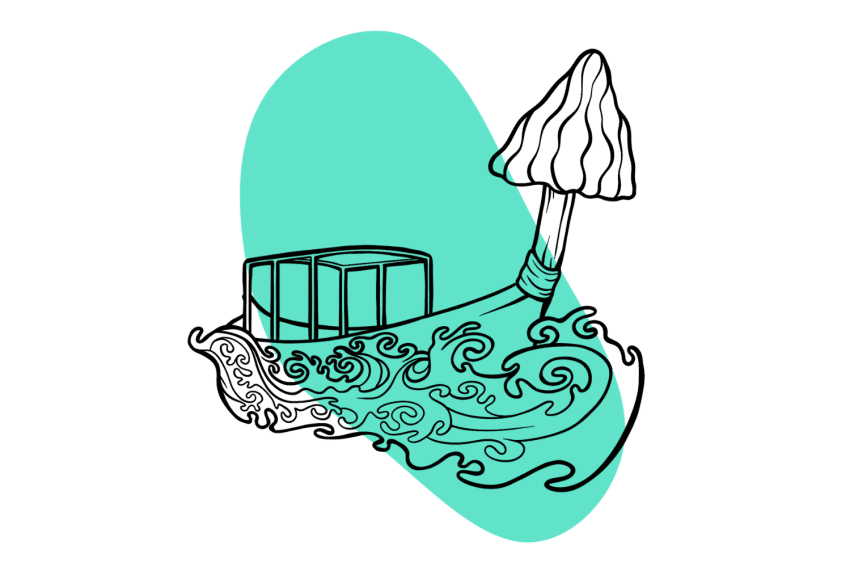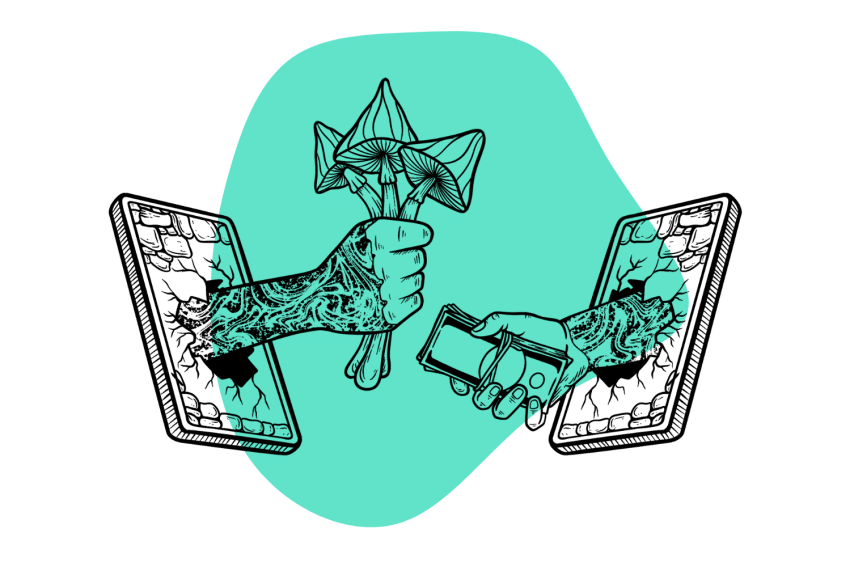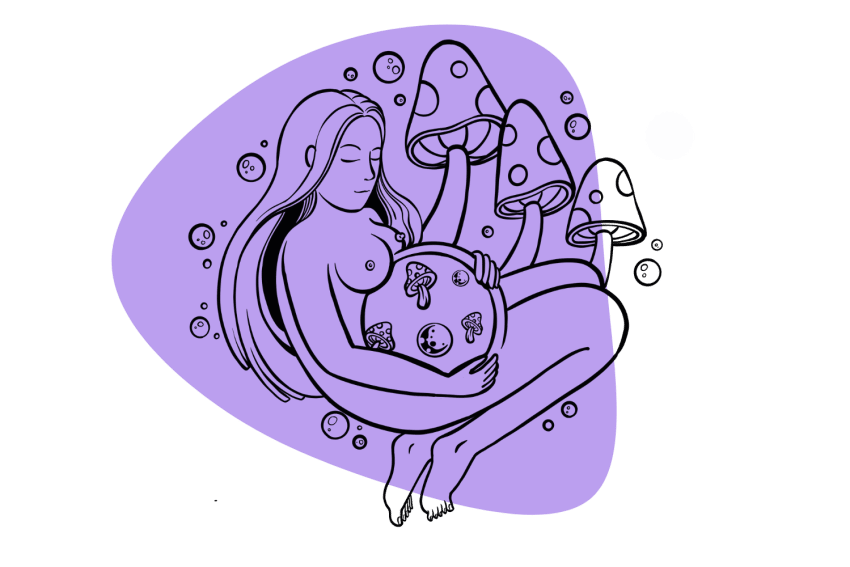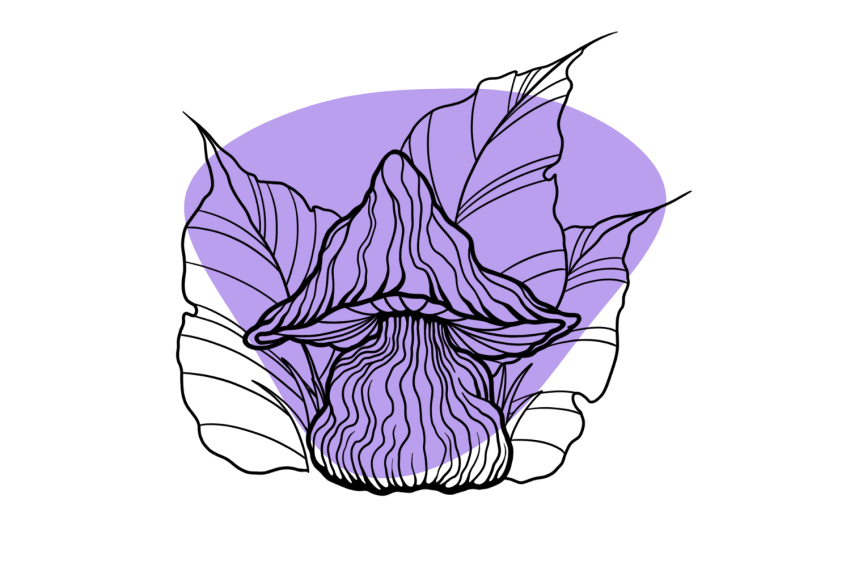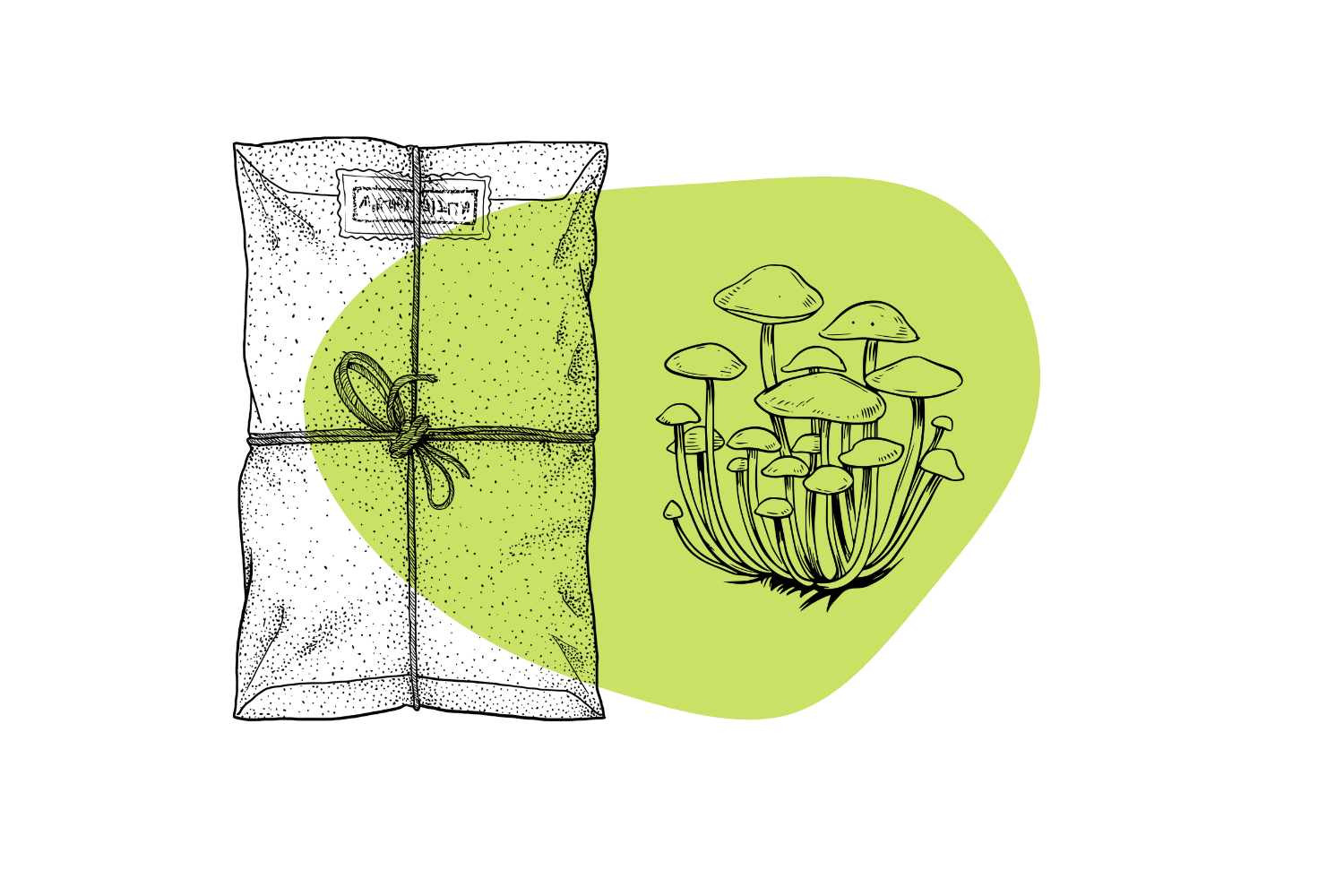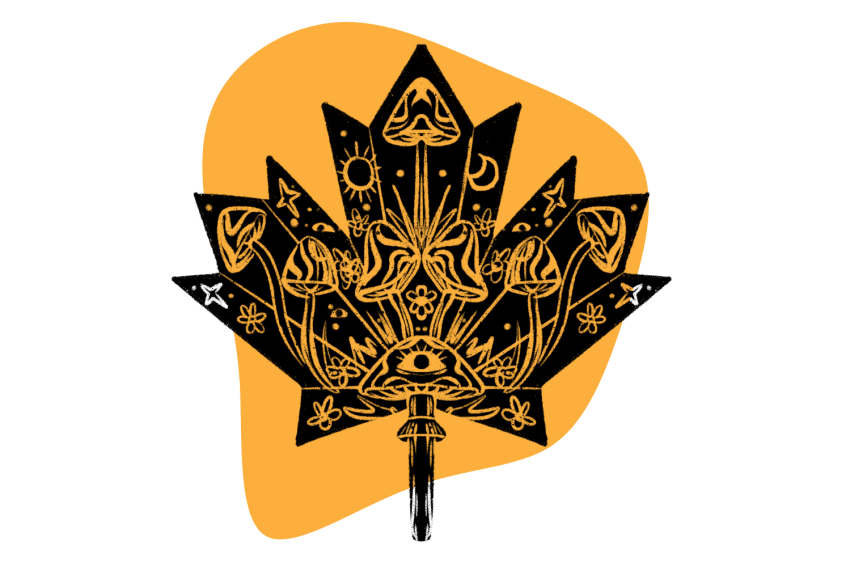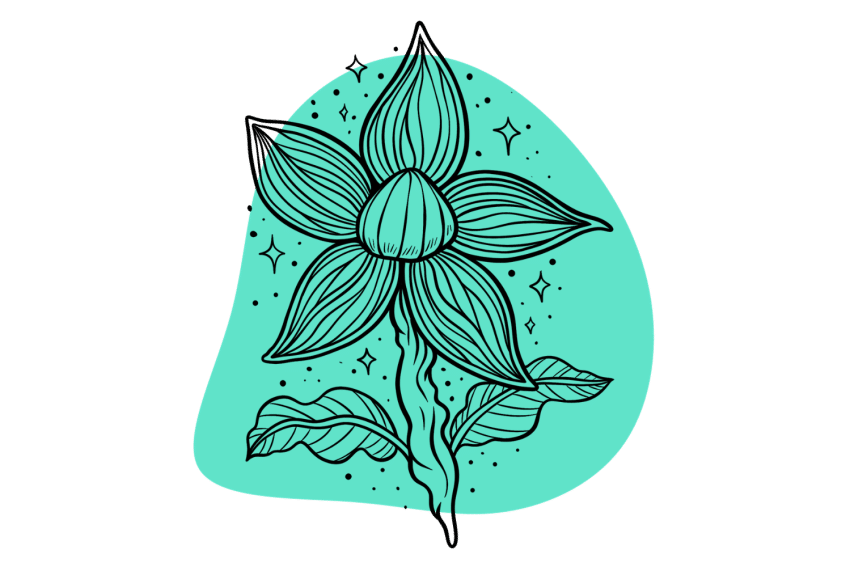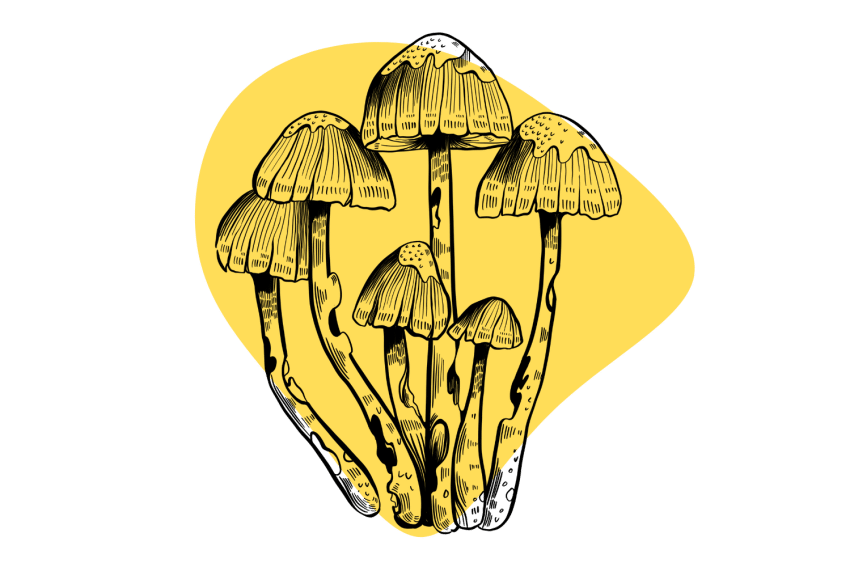Grand Rapids One Step Closer to Decriminalizing Psychedelics
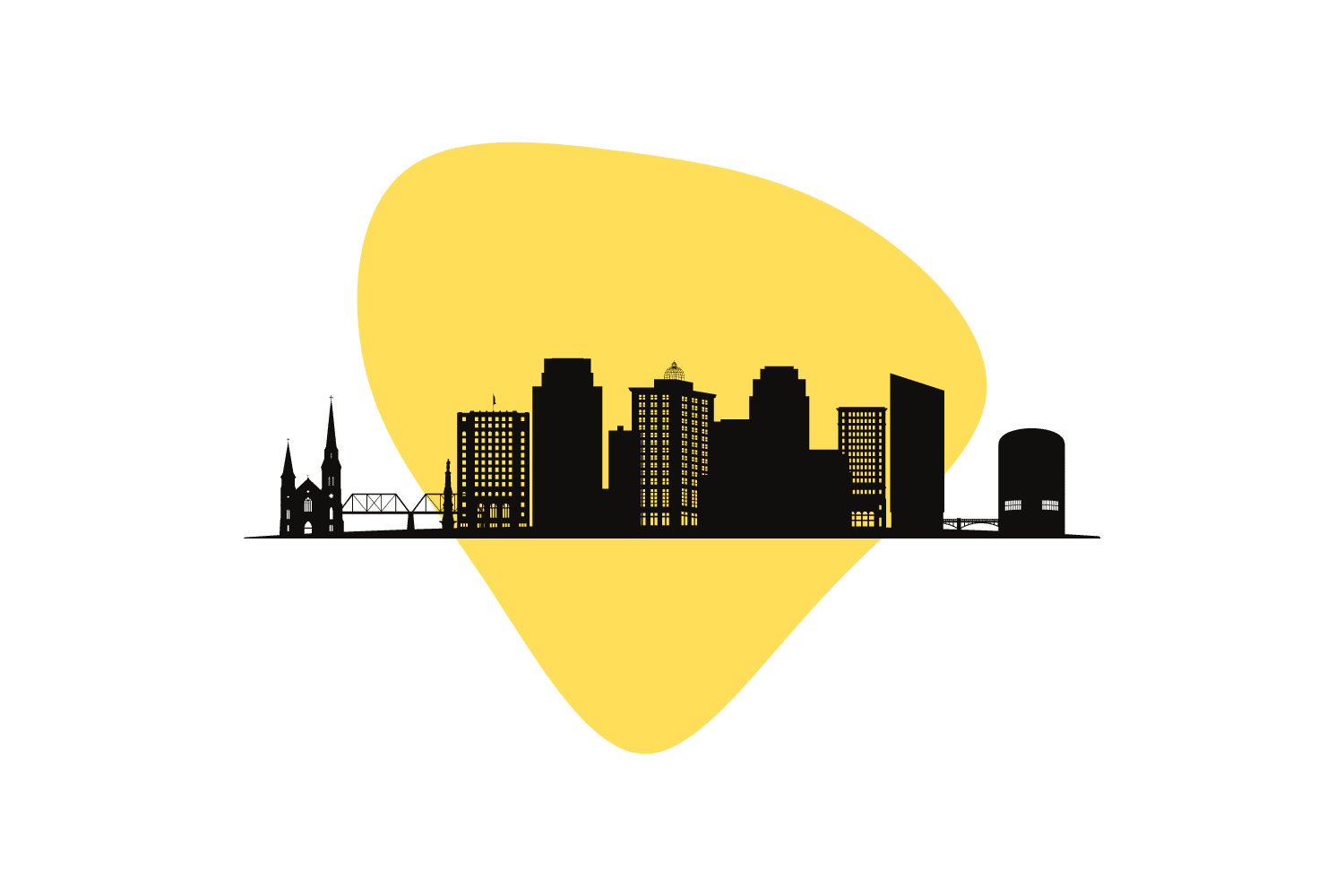
The City Commissioners of Grand Rapids have approved a resolution to support “efforts at the local, state, and federal level to decriminalize the use and possession of entheogenic plants and fungi.”
The resolution stops just short of decriminalizing naturally-occurring psychedelics in the city. It affirms that the city commission “supports ongoing low prioritization” by police and prosecutors of enforcement efforts against the use and possession of any naturally-occurring psychedelic on the federal or state Schedule 1 Controlled Substances list.
In this article, we will discuss how the Grand Rapids resolution differs from other decriminalization measures, the difference between “deprioritization” and “decriminalization,” and the city’s efforts to support decriminalization at the local, state, and federal levels.
A Step In the Right Direction
Decriminalize Nature GR, the local chapter of the national advocacy group Decriminalize Nature, had originally pushed for Grand Rapids to pass a resolution modeled after the one passed by Ann Arbor in September 2020.
The Ann Arbor resolution makes it the city’s lowest priority to investigate or arrest anyone for “planting, cultivating, purchasing, transporting, distributing, engaging in practices with, or possessing” any naturally occurring psychedelic compound on the federal or state Schedule 1 Controlled Substances list. Naturally-occurring psychedelics are psychoactive compounds found in many plants and some animals.
However, Grand Rapids had to settle for considerably less. Although the Grand Rapids resolution does not make the concrete commitments to decriminalization that the Ann Arbor resolution does, DNGR considers it a big step in the right direction.
The Grand Rapids resolution, which passed 5-2 in October 2021, states that local enforcement of laws around the possession and use of entheogens will continue to be a low priority and that “very little public funds” will be directed toward investigating and prosecuting those crimes.
Possession and use of entheogenic plants and fungi is the focus of the Grand Rapids resolution. It does not address the issues of planting, cultivation, purchasing, transporting, or distribution of them. “This isn’t a decriminalization per se; it’s deprioritization,” said Grand Rapids City Commissioner Kurt Reppart.
Related: Where Are Magic Mushrooms Legal?
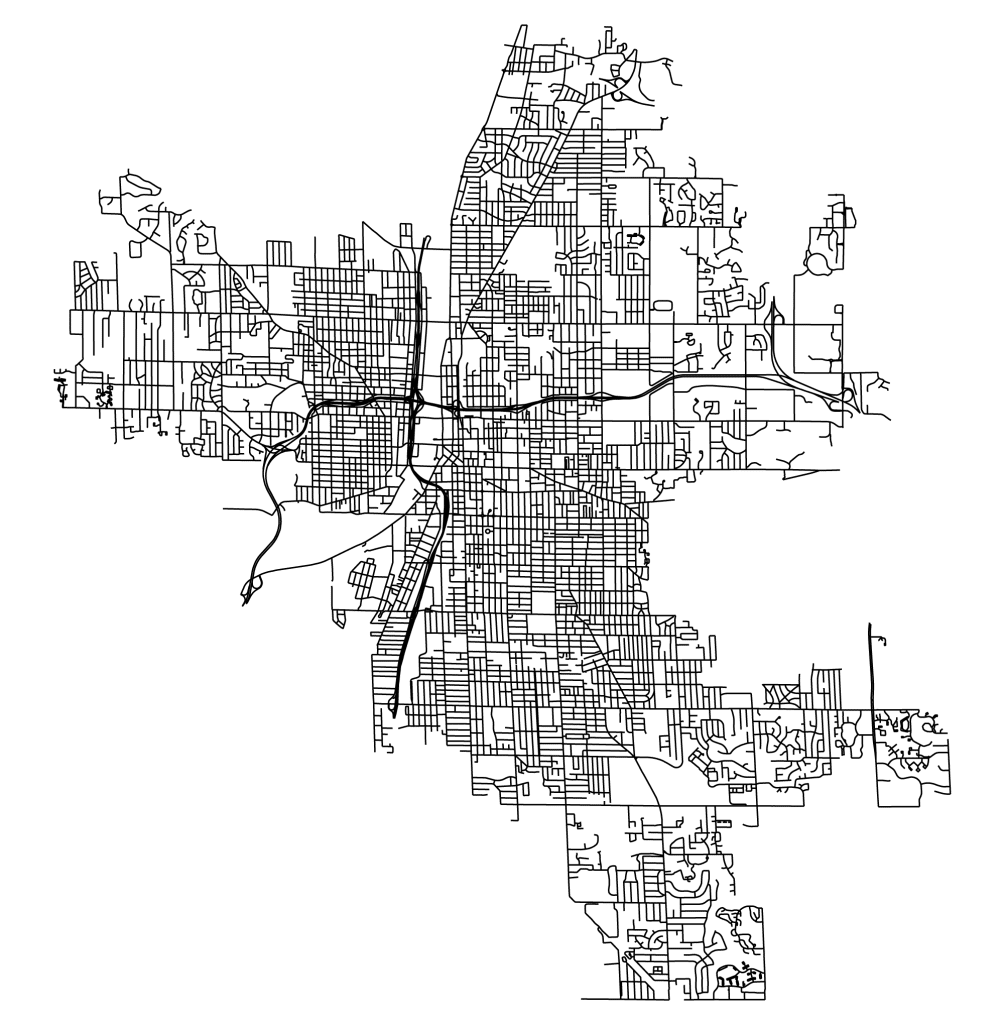
Deprioritization vs. Decriminalization vs. Legalization
The City of Grand Rapids’ resolution made the arrest and prosecution of people violating laws governing the possession and use of entheogenic plants and fungi among the city’s lowest priorities. This level of legal oversight is called “deprioritization.” Essentially, nothing changes legally, only the attitude of the police and prosecutors toward the enforcement of the laws.
Conversely, the Ann Arbor resolution decriminalized entheogenic plants and fungi. Decriminalization is an “evidence-based policy strategy to reduce the harms associated with the criminalization of illicit drugs.” It puts into place policy changes that will protect individuals from arrest and prosecution.
Decriminalization is not legalization. Attitudes and policies toward enforcement of governing laws may have changed, but the substance or act is still illegal.
Original Resolution Had More Teeth
The original Grand Rapids resolution, which was practically a mirror image of the Ann Arbor resolution, was initially expected to pass easily. “In terms of my discussions with my colleagues, they’re all very open-minded to it,” Reppart said during early discussions of the resolution.
However, the final resolution fell short of what DNGR and Reppart had hoped for. Local decriminalization advocates complain that it doesn’t actually change any city enforcement practices and merely expresses support for future reforms.
Dissenting Opinions
Notwithstanding the major concessions, the Grand rapids resolution did not pass with unanimous consent.
Third Ward City Commissioner Senita Lenear said arrest and prosecution of crimes related to the possession and use of entheogenic plants and fungi were already a low law enforcement priority. “Had it been a part of a larger package of decriminalization of different offenses in our city it probably would’ve been a little more palatable,” she said. She did not elaborate on the “different offenses” she referred to.
Lenear said she appreciated the information shared by Decriminalize Nature GR but would have liked for the city to have heard from a public health institution on the health benefits of entheogenic plants, “similar to when the city considered medical marijuana.” She added that there is “a lot more work that needs to be done in educating the public.”
The other dissenting vote came from Nathaniel Moody, who is also a Third Ward commissioner.
Where to Buy Magic Mushrooms in Grand Rapids
The Grand Rapids resolution to deprioritize entheogenic plants and fungi does not affect their status as Schedule 1 controlled substances. They are still illegal at the federal, state, and local levels.
Consequently, you cannot legally buy magic mushrooms in Grand Rapids. However, magic mushroom spores, which do not contain any psilocybin, are available locally and online in Michigan. Psilocybin is the illegal compound in magic mushrooms.
Mushroom spores are sold in spore syringes and spore prints. Spore syringes are oral syringes filled with magic mushroom spores and sterilized water. The water protects the spores from damage. Spore prints are mushroom spores stamped onto a sheet of paper.
The price of a spore syringe or spore print averages $15-$30 and will produce several harvests of magic mushrooms. They are available online and at local retail outlets.
Home Cultivation is Trending
At present, there are over 100 cities that have advanced some sort of proposal to decriminalize naturally-occurring psychedelics. In May 2021, lawmakers in Congress filed the first-ever legislation to federally decriminalize possession of naturally-occurring psychedelics.
As the momentum for the decriminalization of entheogenic plants and fungi increases, so does the interest in growing magic mushrooms at home. There are two ways to grow your own magic mushrooms at home: a mushroom grow kit and from scratch.
Magic Mushroom Grow Kits
The mushroom grow kit is the simplest way to grow your own magic mushrooms. The kit is completely self-contained with detailed instructions. The spores are sold separately. Mushroom grow kits start at around $50 but can cost as much as $400. It can take 4-6 weeks to produce a harvest of magic mushrooms from a mushroom grow kit.
There are some distinct advantages to using a mushroom grow kit:
- Easy to Use — Most kits simply require that you add the spores, place the kit in a well-lit area away from direct sunlight, and water lightly 1-2 times daily.
- Safe — Attempting to pick and identify mushrooms growing in the wild could prove to be hazardous to your health. It can be difficult to determine which are safe and which ones are deadly.
- Money-Saving — One-eighth of an ounce (3.5 grams) of magic mushrooms, which is considered an “average” dose, can cost $20-$40. A magic mushroom spore syringe or print can yield up to 50 grams or more of magic mushrooms.
There is also a downside to using mushroom kits:
- Limited Production — A mushroom kit will yield a considerable harvest. However, growing magic mushrooms from scratch can produce an unlimited supply.
- Poor quality — light, humidity, and temperature can all negatively impact the quality of a mushroom kit. Proper storage by the vendor is paramount.
- Old mycelium — mycelium is the living organism that will produce the mushrooms.
Mushroom grow kits are also susceptible to molds that will destroy or contaminate the mushrooms. To make sure that you receive a viable kit, shop only with well-established, reputable vendors.
Growing Magic Mushrooms From Scratch
If you elect to grow magic mushrooms from scratch, many of the things you need can be found around the house: spray bottle, mixing bowl, strainer, large pot, etc. However, it will still require about a $200–$400 investment.
Growing magic mushrooms from scratch is easy, but it is not simple. Detailed instructions are available online. Following them will ensure a successful harvest.
There are five basic steps to growing magic mushrooms at home from scratch:
Step 1: Preparing the Substrate — The substrate is the material that the mycelium, which produces the mushrooms, feeds on. It is usually a mixture of vermiculite or sawdust, water, and brown rice flour. However, it can be made from a variety of substances.
Step 2: Inoculation — The spores from the spore syringe or spore print are applied to the substrate.
Step 3: Incubation — It is not necessary to purchase an incubator for this step. A warm area of the house where the temperature is consistent will do. However, an incubator will speed up the process considerably and increase yield. You can build an incubator for about a $30 investment in materials or buy one starting at around $40.
Step 4: Fruiting — This step involves creating the ideal environment — temperature, humidity, light, etc. — for the mycelium to produce mushrooms.
Step 5: Harvesting and Drying — A dehydrator can be used, but it is best to allow the mushrooms a few days to dry naturally.
Growing magic mushrooms from scratch at home will take about four to eight weeks from preparation to harvest.
It is important to note that it is still illegal to grow magic mushrooms in Grand Rapids. At present, it is unclear what impact the resolution will have on the enforcement of the laws governing entheogenic plants and fungi in the city. Check with local authorities before attempting to grow magic mushrooms at home.
Summary: What’s the Future of Psychedelics in Grand Rapids?
The Grand Rapids resolution passed in October 2021 declares “support for state and federal legislative efforts that would decriminalize entheogenic plants and fungi.” It does not decriminalize entheogenic plants and fungi in the city.
Decriminalize Nature Grand Rapids and local psychedelics advocates had hoped for a stronger resolution, such as the one in Ann Arbor, but consider the city’s commitment to deprioritization a big step in the right direction. They continue to push for full decriminalization in the city and are spearheading a campaign to decriminalize entheogenic plants and fungi in the entire state.
Grand Rapids Mayor Rosalynn Bliss has pledged her support for decriminalization. “This reminds me of a conversation we had around this table about a decade ago when we talked about medical marijuana,” she said. “I plan to support this today because I do believe there is a medicinal impact and it truly can have a significant impact on individuals with mental health conditions and medical ailments,” she added.

